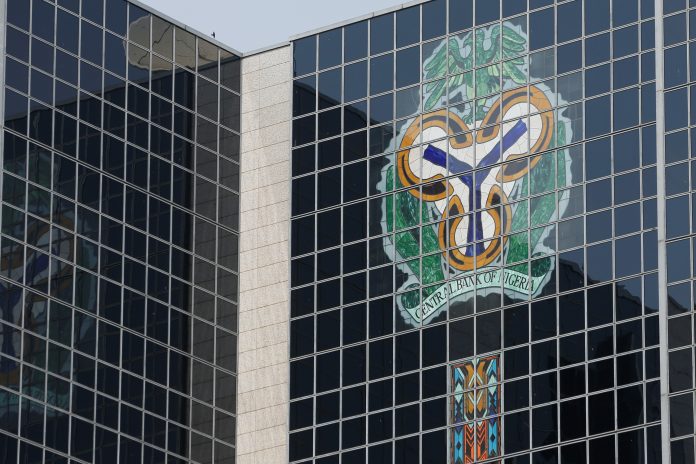BUSINESS
Expert faults CBN increase in interest rate

Mr Daniel Akeju, an advisor and treasury manager has faulted the Central Bank of Nigeria (CBN) recent increase in the Monetary Policy Rate (MPR) in an attempt to curb inflation and stabilise the economy.
Akeju, a member of the Chattered Institute of Treasury Management (CITM), made his position known while speaking with newsmen in Abuja on Thursday.
The MPR is the interest rate at which the Central Bank of Nigeria (CBN) lends to commercial banks.
Recall that CBN had increased MPR by 400 basis points to 22.75 per cent from 18.75 per cent in February 2024.
It was increased by 200 basis points to 24.75 per cent in March and currently by 150 basis points to 26.75 per cent in May.
Akeju said that the challenges facing Nigeria’s economy required more than a simplistic approach of raising the MPR.
He noted that while controlling inflation was crucial, it must be done in tandem with measures that would address the root causes of economic instability.
He said that a balanced, holistic strategy that would combine supply-side interventions, enhanced security, economic diversification, and social safety nets would be more effective.
This, according to him, is in terms of stabilising prices, improving food availability, reducing terrorism, and alleviating poverty.
“By adopting these comprehensive measures, Nigeria can build a resilient economy that provides prosperity and security for all its citizens. The time for such a transformative approach is now,” he said.
He said that the strategy of having to consistently increase the MPR was counterproductive, as evident in the continuous rise in prices, food scarcity, escalating terrorism, and growing poverty rates.
“The disconnect between the intended outcomes of these monetary policies and the harsh realities faced by Nigerians necessitates a critical reassessment of the CBN’s approach,” he said.
He stated that raising the MPR is typically aimed at controlling inflation by making borrowing more expensive, thereby reducing spending and slowing down price increases.
He however stated that, in Nigeria’s context, the policy had not yielded the desired results.
The reasons, he said include cost-push Inflation, largely driven by supply-side factors, including high costs of production and distribution fuelled by insecurity and infrastructural deficits, limited access to credit
Others include: Imported Inflation, government borrowing among others.
He urged the CBN to focus more on agriculture intervention; enhanced security; industrialisation; monetary and fiscal coordination and targeted social programmes
He added that the persistent hike in MPR has had severe socioeconomic repercussions, such as rising food prices, increased poverty, escalating terrorism, social safety nets among others.




 Davido's Net Worth & Lifestyle
Davido's Net Worth & Lifestyle 
